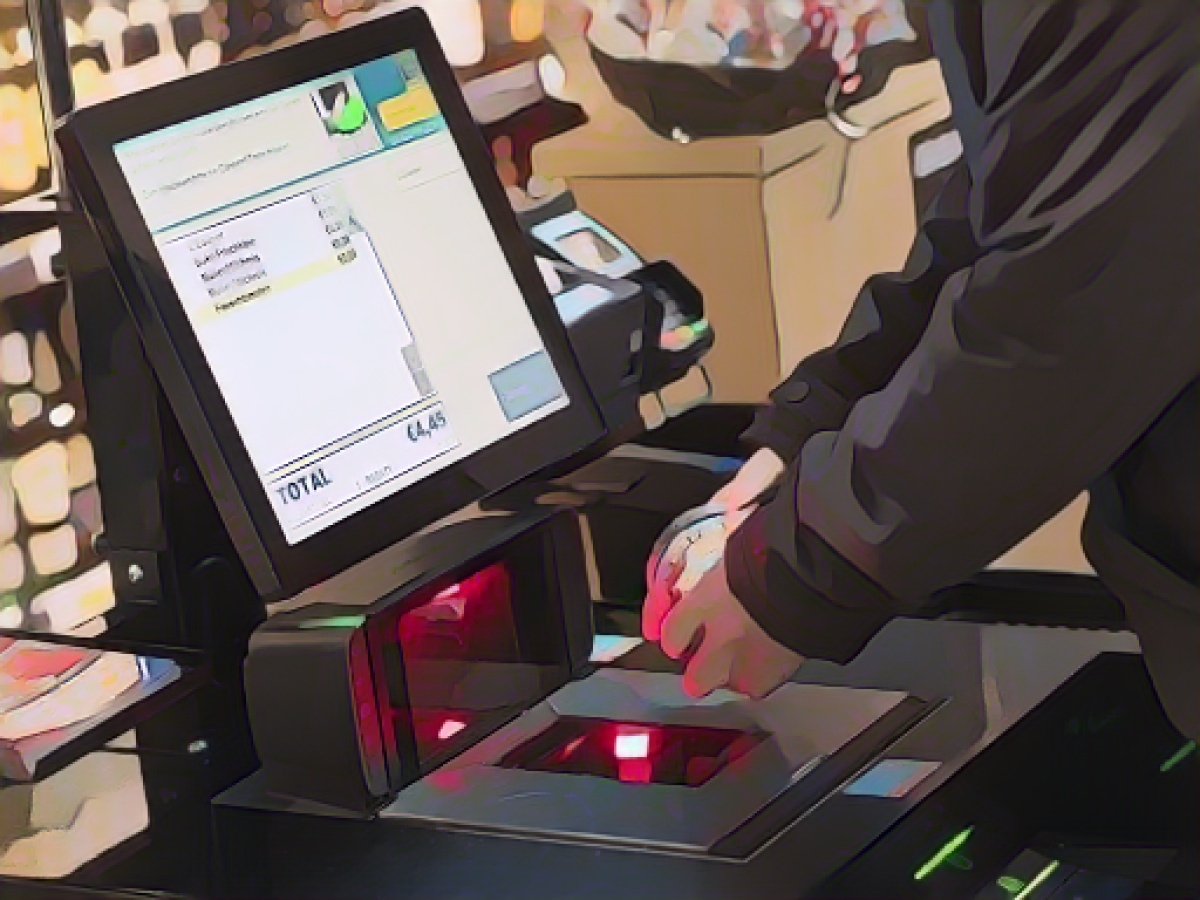When the supermarket customer checks out
Consumers are already frequently taking over the work of cashiers in the retail sector. Scanning products, paying independently - this has long been part of everyday life for many customers in many places. This is the result of an analysis by the retail research institute EHI, which is available to Deutsche Presse-Agentur dpa.
According to the analysis, customers can already make use of such services in more than 5,000 stores across Germany, compared to 2,310 two years ago. The trend is clearly on the rise. "In ten years, around one in three supermarkets will have self-service checkouts," predicts EHI expert Frank Horst. An overview of the most important results of the study:
Two self-service variants are widespread
Two systems in particular have established themselves: With the help of self-service checkouts, also known as self-checkout checkouts, customers can swipe their purchases over the scanner and pay, completely without staff. There is also the mobile self-scanning variant.
After registering, consumers can scan the products as they walk through the supermarket - with specially equipped shopping carts, hand scanners or via an app on their smartphone ("Scan & Go"). This saves time, as there is no need to unpack and re-register the goods at the checkout. Self-checkout is much more widespread than self-scanning, with many stores offering only one of the two systems and some offering both.
Self-service checkouts on the rise
According to EHI, stationary self-checkout services in particular have increased significantly in recent years. Retailers currently have around 16,000 self-checkouts (2021: 7240) in a total of 4270 stores (2021: 1687). In supermarkets, where the technology is used particularly frequently, there are 9600 of the modern checkouts spread across 2600 stores.
That's an average of 3.7 self-service checkouts per store. The market share is therefore around 7.5 percent. Self-service checkouts are most frequently found at Rewe and Edeka, where more than 750 stores each are equipped accordingly. However, the technology is not only used in supermarkets, but also at Bauhaus, Rossmann, Decathlon and Ikea, among others.
Cash payment options on the decline
When self-service checkouts were introduced, the option of paying cash at terminals was still widespread. In 2021, customers were still able to pay for their purchases in cash at 76% of supermarkets with self-service checkouts; currently, this is only possible in 44% of stores. More and more companies are abandoning the use of cash payment modules when setting up new systems. Some retailers continue to do so because this is explicitly requested by customers.
These are the advantages and disadvantages
Less space required, shorter waiting times: these advantages of self-service checkouts are mentioned particularly frequently by companies. When the first self-service checkouts were opened years ago, there were also critical reactions. Why will there even be a need for cashiers in the future? Today, the view has changed. Like many sectors, the retail industry is struggling with considerable staffing problems. "Our need for staff for our stores is increasing every year, while there are fewer and fewer applications for sales positions," says a Rewe spokesperson.
The self-service checkouts provide relief and flexibility in personnel planning. Frank Horst, the author of the EHI study, sees this as "one of the main drivers for the spread of the systems". Customer acceptance has increased significantly. However, self-service checkouts also have a disadvantage. According to the EHI study, the risk of theft is also increasing with the increasing spread and use. This forces companies to make technical upgrades in the checkout area - such as exit gates, camera surveillance and weight checks using scales.
Forecast
The number of stores with self-service offerings is likely to increase significantly in the future. According to the company, one in two people already pay for their purchases at a self-service checkout in many Rewe stores. Self-service checkouts have long been standard when stores are renovated or newly opened. Considerable growth can still be expected among discounters.
Aldi Süd had already announced at the beginning of the year that it wanted to rely more heavily on self-service checkouts, especially in large cities. Aldi Nord and Lidl are also testing such systems. Will conventional checkouts disappear completely in the foreseeable future? Frank Horst from EHI does not expect this. Some people still reject self-service checkouts and retailers don't want to lose customers.
In the retail trade, the use of self-service checkouts has seen a significant increase, with over 16,000 units now available in over 4,200 stores across Germany. This trend is predicted to continue, with EHI expert Frank Horst forecasting that around one in three supermarkets will have self-service checkouts within the next decade. Furthermore, consumers can utilize mobile self-scanning options in many supermarkets, bypassing the need to unpack and re-register goods at the checkout, providing a more convenient shopping experience for many consumers.
Source: www.dpa.com








